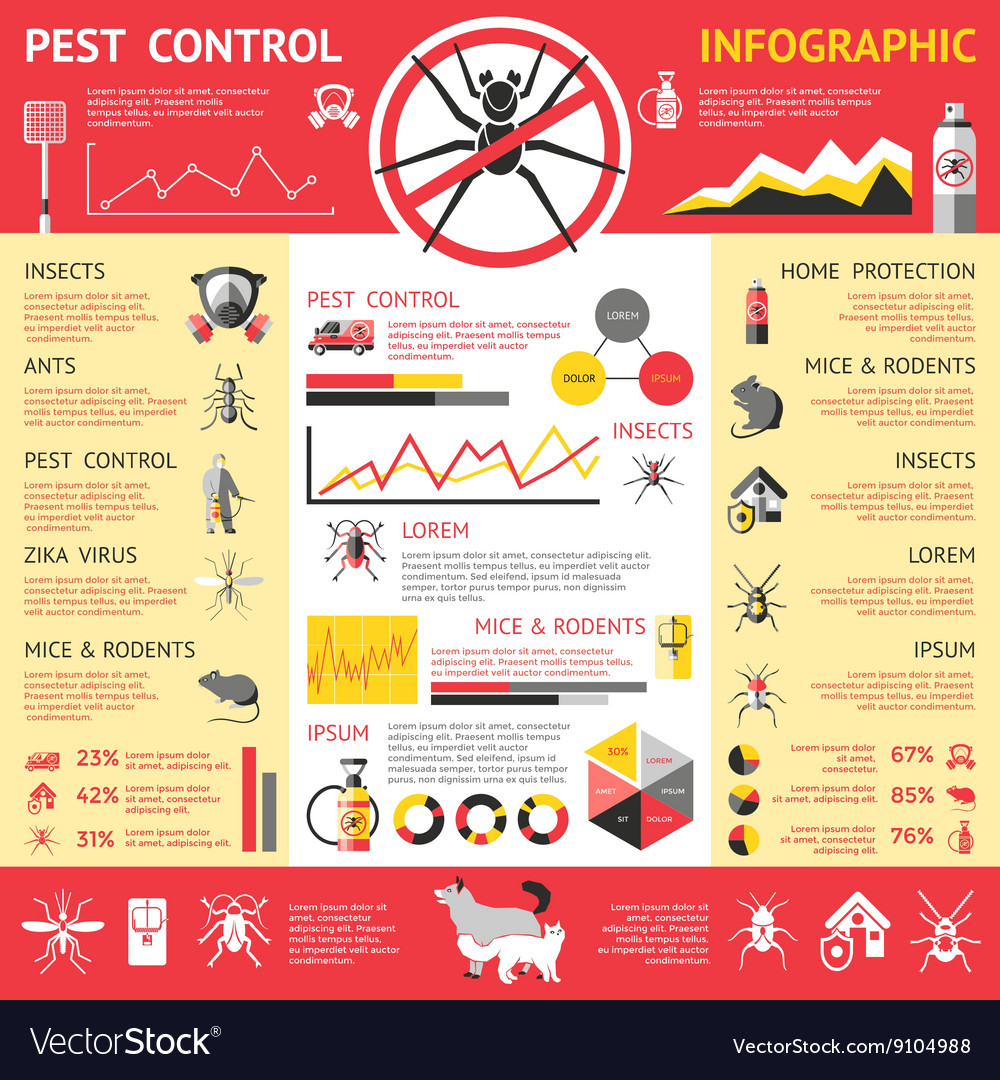Prepare Yourself To Boost Your Yard Into A Place Devoid Of Bugs And Pests With These Innovative Ideas And Tricks
Prepare Yourself To Boost Your Yard Into A Place Devoid Of Bugs And Pests With These Innovative Ideas And Tricks
Blog Article
Content By-Walters Qvist
Imagine your garden as a refuge, an area of tranquility and appeal. Nonetheless, the existence of outside bugs can swiftly disrupt this idyllic image. What happens if there were easy yet effective means to keep these undesirable visitors away and secure your garden oasis? By following a few useful suggestions and executing all-natural approaches, you can create an unified exterior space where your plants can thrive undisturbed.
Natural Insect Deterrents
To keep parasites away from your garden normally, plant fragrant natural herbs like mint and lavender. These aromatic plants not only add charm to your garden yet additionally act as efficient pest deterrents. Insects like insects, flies, and also some garden-damaging pests are pushed back by the strong fragrances discharged by these herbs. Simply positioning them strategically around your garden can help create an all-natural barrier versus unwanted parasites.
Along with mint and lavender, think about growing other natural herbs like rosemary, basil, and lemongrass to even more improve your garden's pest-proofing capacities. These herbs not only act as natural repellents but also have the included advantage of being useful in food preparation or crafting home made remedies.
Strategic Plant Placement
Think about the design of your garden and the sorts of plants you need to tactically put them for optimum pest-proofing performance.
Start by organizing plants with comparable resistance to parasites together. By doing this, you can develop a natural barrier that prevents insects from spreading out throughout your garden.
Additionally, putting pest-repelling plants like marigolds, lavender, or mint near even more vulnerable plants can assist protect them. mesa pest control , such as sunflowers or corn, can serve as a shield for shorter plants against bugs like bunnies or ground-dwelling pests.
Bear in mind to leave enough area in between plants to boost air blood circulation and lower the danger of conditions that pests could carry.
Moreover, take into consideration planting strong-smelling herbs like rosemary or basil near prone plants to puzzle insects' detects and make it harder for them to locate their targets.
Efficient Parasite Control Techniques
For combating yard bugs successfully, applying a multi-faceted pest control method is necessary. Start by urging all-natural killers like birds, ladybugs, and praying mantises to help maintain pest populations in check. Presenting plants that draw in these beneficial insects can aid in parasite control. In addition, practicing excellent garden hygiene by eliminating debris and weeds where parasites may conceal can make your yard much less friendly to unwanted visitors.
Take into consideration using physical obstacles such as row cover materials or netting to shield at risk plants from insects like caterpillars and birds. Applying organic chemicals like neem oil or insecticidal soap can likewise be effective versus specific pests while being less harmful to beneficial insects and the atmosphere. It's essential to turn your plants each period to avoid the build-up of bug populations that target particular plants.
On a regular basis inspect your plants for signs of insect damage so you can take action immediately. By incorporating these approaches and staying cautious, you can properly control yard insects and appreciate a thriving, pest-free yard.
please click the next site , there you have it - with the right methods, you can keep pesky outside pests far from your yard and assist your plants grow.
Did you know that growing mint has been revealed to repel insects and other bugs, minimizing the requirement for hazardous pesticides by as much as 60%?
By integrating natural deterrents and clever planting techniques, you can create an attractive and pest-resistant yard sanctuary for you to enjoy.
